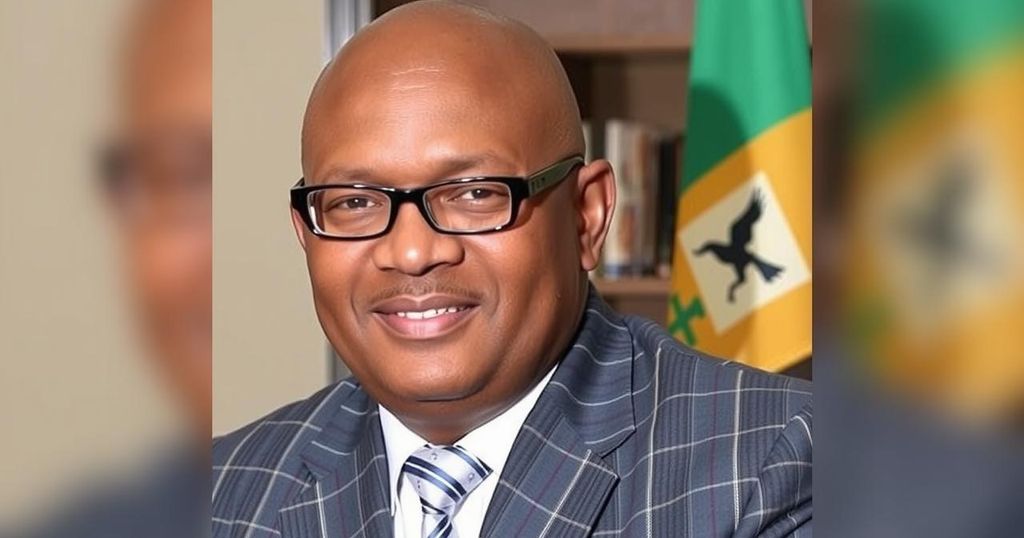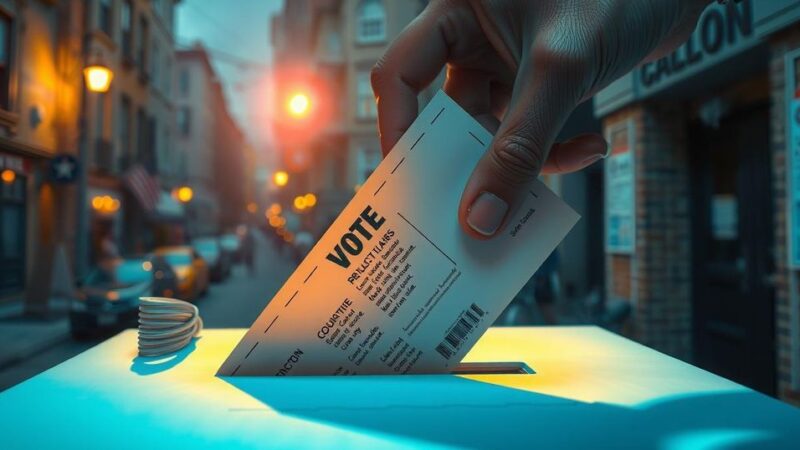Namibia’s first female President-elect, Netumbo Nandi-Ndaitwah, has dismissed allegations of Zimbabwe’s interference in the recent elections. The claims, made by several opposition parties, lacked concrete evidence. Issues during the elections such as ballot shortages and delays have also fueled controversy, with both Zanu-PF and Swapo officials rejecting the allegations outright.
Netumbo Nandi-Ndaitwah, elected as Namibia’s first female President, has firmly rejected allegations that Zimbabwe interfered in the recent presidential and National Assembly elections. These claims were voiced by five opposition parties, which included the Independent Patriots for Change (IPC) and the Landless People’s Movement (LPM). They asserted that the ruling Zanu-PF party from Zimbabwe influenced the electoral process, although they did not present concrete proof to support their allegations.
The LPM leader, Ivan Skrywer, alleged similarities between the voting problems in Namibia and those reportedly employed by Zanu-PF in previous elections in Zimbabwe. “If we look at the election results in Zimbabwe last year, this was the tactic used on day one,” he remarked. Additionally, IPC spokesperson Imms Nashinge cited a social media post from George Charamba, the spokesperson for Zimbabwe’s president, who was said to have announced Swapo’s victory ahead of the official results. Nandi-Ndaitwah condemned these accusations as baseless conspiracies aimed at damaging the reputation of Swapo, urging journalists to investigate the validity of such claims.
Namibia’s elections faced significant logistical difficulties, including shortages of ballot papers and voting equipment malfunctions, which resulted in lengthy queues and voting delays. Opposition leaders contend that these issues contributed to decreased voter turnout, particularly in the Khomas region. Furthermore, critiques directed at the Namibian Electoral Commission highlighted deficiencies in preparation, raising questions about the legality of the decision to extend voting for an additional two days. Despite these contentious issues, representatives from both Zanu-PF and Swapo have denied any wrongdoing, with Zanu-PF Secretary-General Obert Mpofu dismissing the accusations as indicative of “primitive thinking.”
In recent years, allegations of foreign interference in national elections have become increasingly common in various countries, reflecting deep-seated political tensions. In Namibia, the recent elections raised concerns among opposition parties about possible influences from Zimbabwe’s Zanu-PF party, particularly following historical instances of electoral manipulation in the region. The opposition’s allegations coincided with numerous logistical challenges reported during the elections, including ballot shortages and equipment failures, fueling perceptions of irregularities in the electoral process. As Namibia navigates its political landscape, these claims highlight enduring tensions and the complexities of political influence in Southern Africa.
In summary, President-elect Netumbo Nandi-Ndaitwah has robustly denied allegations of Zimbabwe’s interference in Namibia’s recent elections, describing them as unfounded conspiracies. The opposition parties alleging such involvement did not substantiate their claims with evidence, despite citing concerns about logistical challenges that arose during the elections. As Namibia grapples with these issues, the response of its electoral authorities and opposition will likely shape its political future.
Original Source: newscentral.africa






